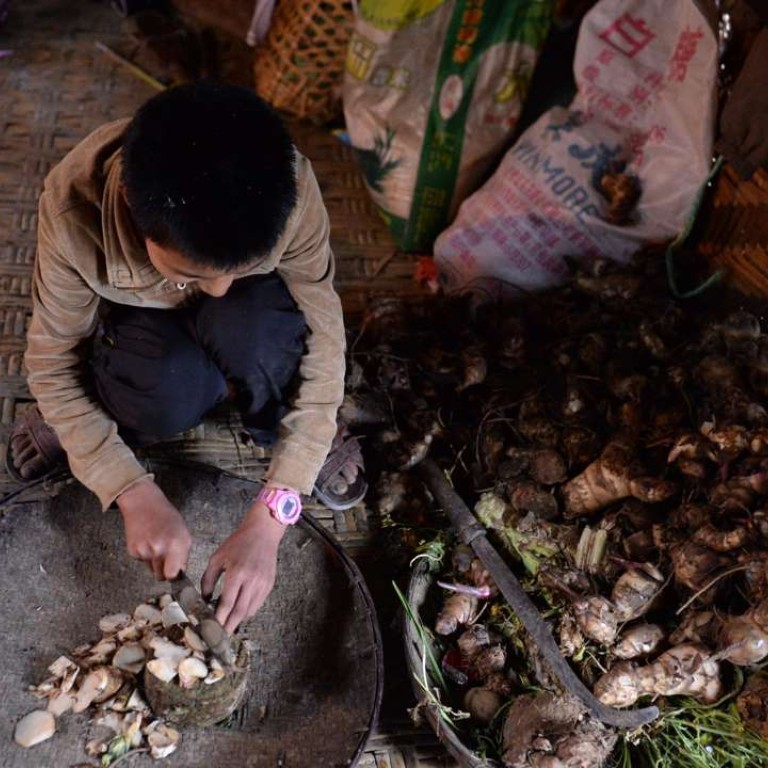
Many changes to China’s first charity law but individuals still banned from asking for money
Prohibition on campaigns by individuals remains as such actions are seen as personal requests for help rather than charity
Dozens of amendments have been made to the mainland’s first charity law but a controversial ban on donation appeals by individuals remains firmly in place.
The much-debated draft went through a third reading at the National People’s Congress last week and a fourth draft will be submitted for approval on Wednesday. More than 30 amendments were made to the third draft of the bill.
The NPC’s legal committee said the prohibition on campaigns by individuals stayed because such actions were seen as personal requests for help rather than charity .
There has been debate on whether individuals and families in serious difficulties should be allowed to ask for donations from the public, but lawmakers restricted the right only to authorised charities.
But it scrapped another controversial requirement that newly registered charities wait two years before being allowed to conduct public fundraising.
READ MORE: Needy clauses: Would China’s proposed charity law be a gift to the disadvantaged?
A previously proposal to make charities put details of online fundraising appeals on websites designated by the local and central government was changed tothose selected by the central government only.
Wang Zhenyao, director of the China Philanthropy Research Institute, backed fundraising regulation, saying the public should change the “long-held perception that laws were only meant to regulate bad people”.
“We should remember that good deeds and good people should also be regulated. Besides, without limits on rights to raise funds from the public, we will see a repeat of the fraud carried out in the name of charity that was common in the past,” he said.
The draft also tightens monitoring of how charities use public money. Instead of submitting an annual work report to the relevant civil affairs authority – as was the case under the previous draft – charity groups would be required to hand in both a work report and an accounting report detailing how the money was used.
READ MORE: China’s charity law ‘needs lower limit’ on management fees or it risks abuse: political advisers
In response to deputies’ suggestions, the draft added an item allowing donors to renege on a donation if their financial status “seriously worsens” and their business or life was affected.
“There have been embarrassing examples of some companies announcing contributions but ending up giving nothing because of business problems. The new inclusion will avoid legal disputes, though morally, the company’s name will still be damaged,” Wang said. The draft also added real estate into the range of permissible donations.
As more people died without children or grandchildren, there would be more cases of people donating property to charities, Wang said

